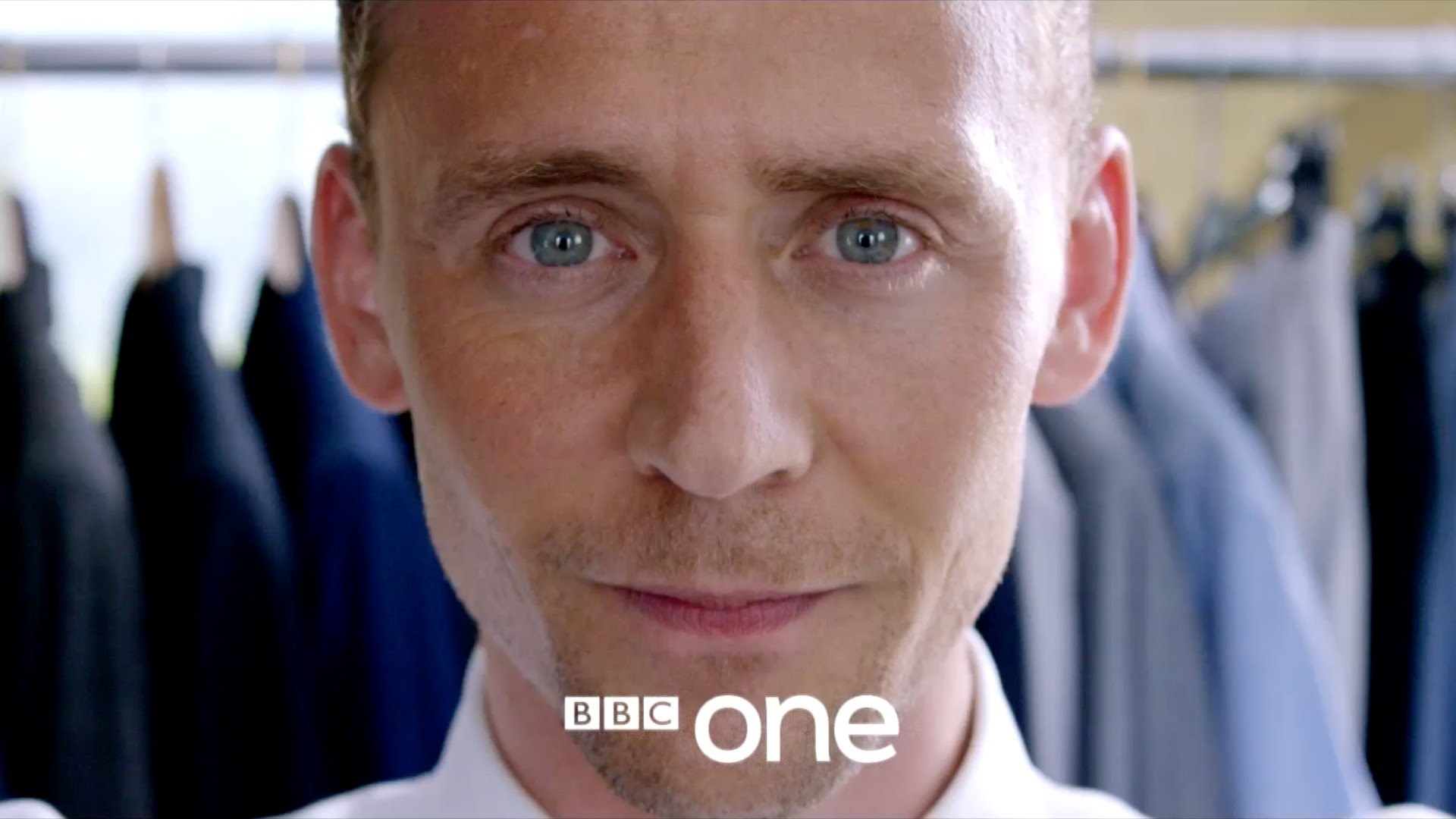For years the Conservative government’s relationship with youth culture and the arts have been fraught with fights between the state and young activists, fighting to protect their right to creativity and artistic freedom. From street artists to punk bands, from feminist campaigners to club promoters, every area of the arts has been hit by the hands of the current government.
With funding for the arts depleting more and more every budget announcement, and spaces that once belonged to the arts being demolished or repurposed, community youth programs that encourage and insinuated young talent, are being killed off on a nationwide level.
Brighton’s Access to Music College’s closure, is a prime example of how a creative fringe of the Brighton community, is being demolished to make room for a housing development. The college which has been described as a home, and a cultural and educational landmark for the city by students and staff, which has seen the likes of Fliptrix, founder of High Focus Records and Grace Carter, who just signed a publishing deal with Sony thorough it’s doors, is set to close next academic year despite a student petition to save the centre.
As the battle for space in Brighton grows and the housing crisis in the country gets worse, its youth culture is especially finding itself targeted.
Through hiking tuition fees and the impending looming debt that young people face today, the Tories have successfully changed the way society views degrees. At one time arts and humanities degrees were an opportunity for anyone to read poetry, understand a painting or research society and cultures, however they have now once again become elite pursuits due to the rising tuitions fees and withdrawal of public funding in the arts.
Young people have now been conditioned to view degrees as financial trade offs, based on perceived employability, advised to play it safe and opt for apparently ‘useful’ or work-orientated degrees.
And sadly I am also one of them, opting for a journalism degree over an anthropology degree, blinded by the pursuit of transferable skills and employability perspectives, instead of studying something that truly interests me academically. I have contributed to the newly marketed system, where the reduction of in demand arts and humanities degrees leads to a nationwide closure or merging in those exact areas of employability, exacerbating the existing inequalities of access dependent on your social class or wealth.
The Conservatives’ have created the myth that universities and in particular arts degrees, should remain in the domain of the privileged.
As well as educational buildings, clubs and club night organisers are being hit too. After the 1994 Criminal Justice and Public Order act, many club promoters were forced to find legislated premises to put on nights, however with this new piece of legislation came a contest for the value of culture. Landlords and property developers don’t see culture for what its worth to the city it serves, instead they are more than happy to sell spaces off to the highest buyer, not even considering the cultural value of a place like Brighton, and how that cultural value transpires into the value of their property.
Sadly the sterilisation of Brighton’s nightlife, especially the seafront is becoming more and more apparent. With the number of clubs halving in the last decade in the UK, closures of these spaces should prompt us as citizen, to ask who owns our cities and what kind of culture do we want out cities to embody?
Hed Kandi (now the Synergy Centre) was a club in West Street owned by the world famous label Ministry of Sound. However its closure was eventually down to the risk of public health and issues of community of safety according to the police and council. Now the venue, that use to accommodate over 1000 people, is currently boarded up building in-between Sticky Mike’s and Casablanca’s.
The takeover of the seafront clubs by commercial venue Shooshh, is just the start of Brighton’s cultural nightlife decline. I don’t want Brighton to become a washed up centre of commercial business and gentrified bars and clubs, where a gin and tonic is the same price as the hourly working wage and my only thing to look forward too at the weekend is meeting a reality TV cast member in a tacky VIP booth.
I want a Brighton that is integrated with its youth and art culture; the founding ethos the city is developed through- recognising all its potential and possibilities. We can’t loose the cultural cornerstones that have made this city what it is over the last 50 years.
It’s youth culture that has been at the helm of the British identity for years, from punk, right through to acid house; and it is music that dictates youth culture’s societal relationship with politics.
Rhys Baker
Online Arts Editor





